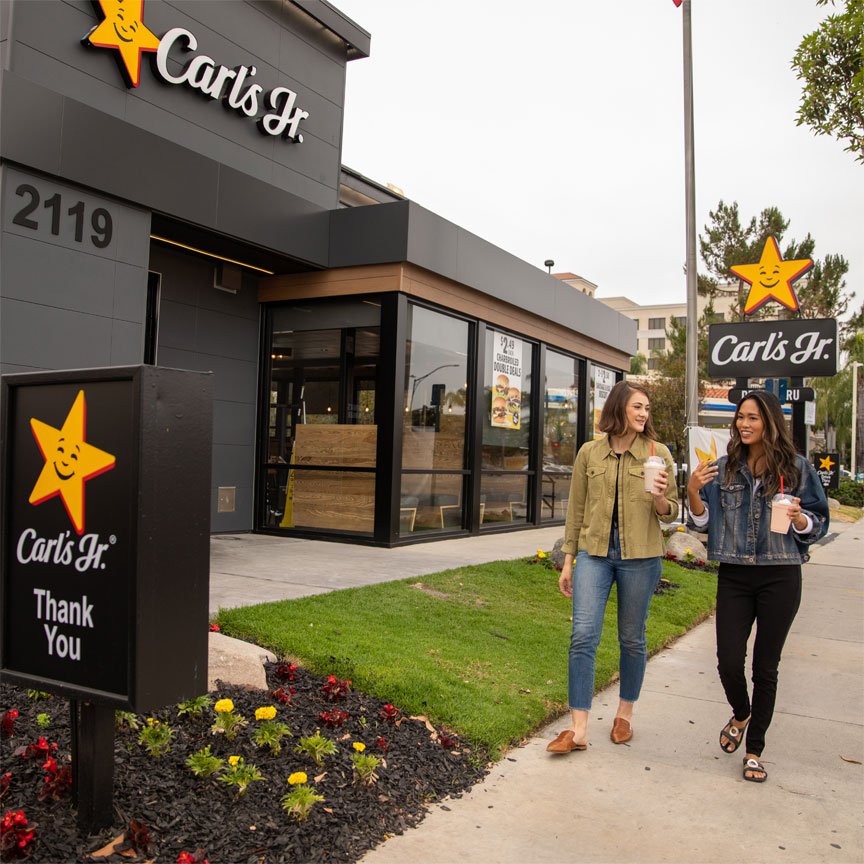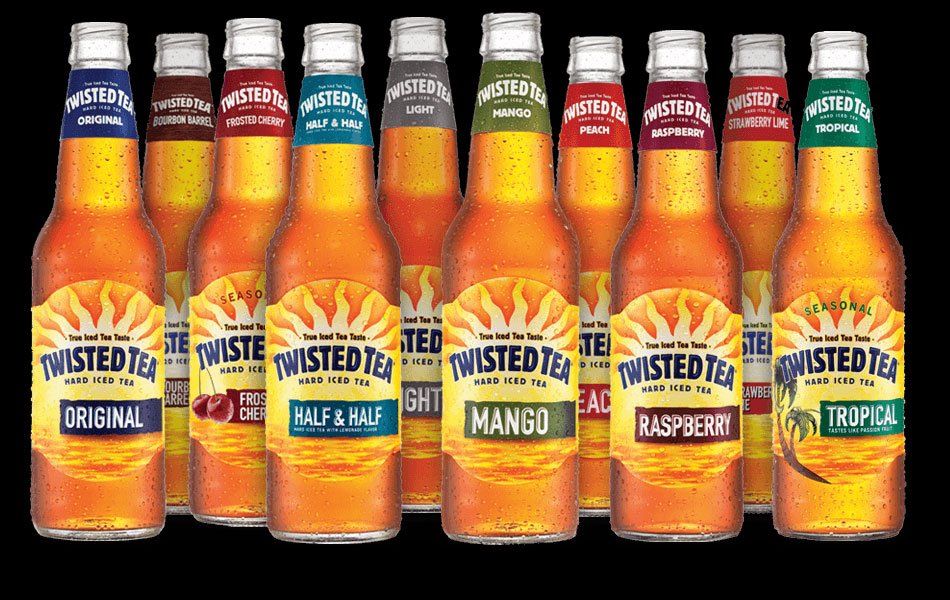The Global Seed Network
Apr 13, 2018
Share
Did you ever wonder how food goes from seed to your table? Maybe not, because we are so conditioned to walking into the grocery store and buying any fruits and vegetables we want. We know we can go to a certain aisle in the store and get rice, oatmeal, potato chips, bread, and thousands of other products. But how did the farmer get the seed that grew into a plant? How was the plant cared for before its bounty was harvested? Once harvested how was it processed before it got to you?
Most of us take this for granted. Going to the grocery store and coming home with a bag of food is routine. It's how most of us get food to our tables. Protecting the world's seed supply is vital to our survival on Earth.
___________________________________________________
Rebecca Specter, West Coast Director and Co-founder of the Global Seed Network, part of the Center for Food Safety writes:
By now you’ve seen the ominous headlines: The U.S. Department of Justice (DOJ) just approved the merger of two chemical corporate giants, Monsanto and Bayer. With Bayer buying out Monsanto for $62.5 billion, this is the largest all-cash buy-out in history.
This megamerger and others by transnational chemical companies signify an even greater effort to promote and push pesticide-dependent GMO crops around the world, and ever greater amounts of toxic pesticides on the market and in our food.
Why is this deal so dangerous?
But the problems don’t stop there.The new chemical giant, Monsanto/Bayer, will own about 1/3 of all the world’s commercial seeds. They will have a virtual lock on vegetable seeds, own 3/4 of corn seeds and almost the same percentage of cotton seeds. Now only 10 companies own 73% of the entire world’s commercial seed supply.
This monopoly on seeds means that Monsanto/Bayer and these other mega-corporations can raise the prices of seeds at will, wreaking havoc on farm communities in the US and internationally. Moreover, Monsanto/Bayer gets to decide which seeds to make available to farmers, gardeners and the public. And since these corporations sell pesticides in addition to seeds, they will try to provide and promote only genetically engineered (GE) seeds to farmers, seeds designed to use Monsanto/Bayer brand pesticides, and make it difficult to find and purchase non-GE and organic seeds.
The result? Monsanto/Bayer controls our food supply! And because it’s pushing GE crops, this monopoly creates a massive reduction in seed diversity and availability of seeds around the world. This is especially tragic because we desperately need that seed diversity to have food security, decrease hunger, and deal with the changing agricultural conditions created by climate change.
____________________________________________________






Leave a comment
0 Comments